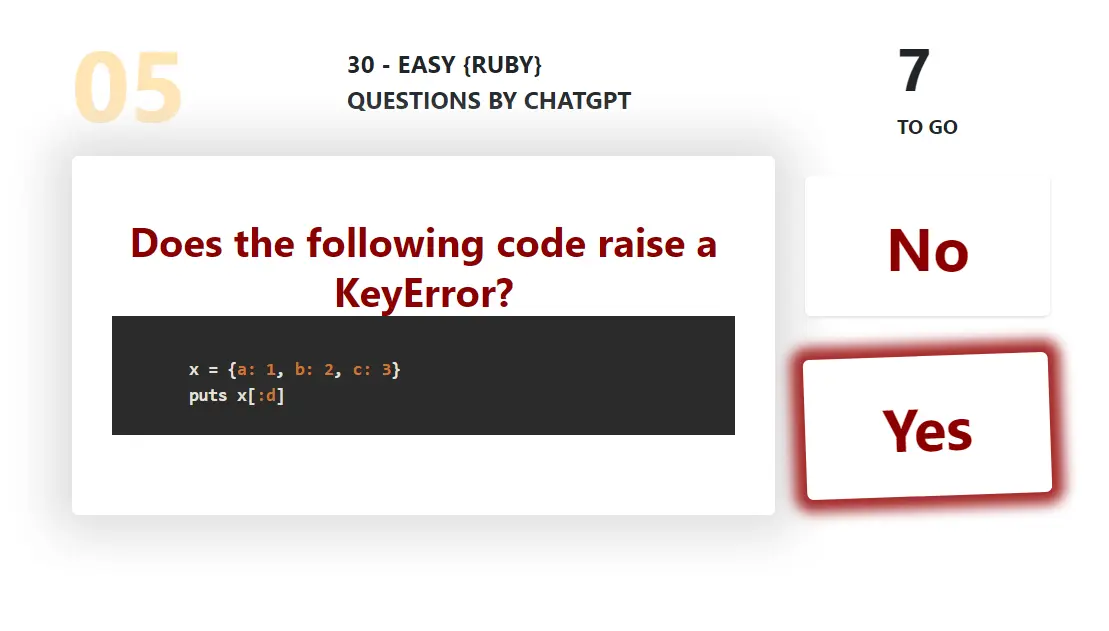
Ruby Modules and Extend, Include, and Prepend keywords 17/03/2023 ~ Views: 2479
One of the most useful features in Ruby is modules. In this blog post, we will explore Ruby modules in detail and examine how to use extend, include, and prepend to extend and include modules in Ruby classes.
What are Ruby Modules?
A module is a container of Ruby code that can be used to group related methods, classes, and constants. Modules provide a way to organize and reuse code in Ruby, making it easier to maintain and extend applications.
Modules can be thought of as a package of functionality that can be included or extended in other classes. Unlike classes, modules cannot be instantiated or inherited. Instead, they are used to mix in functionality to classes.
Using Extend
The extend keyword is used to add module methods to a class. When a module is extended, its methods become class methods of the class that extends it.
Here is an example of using extend to add a module method to a class:
module MyModule
def my_method
puts "Hello, world!"
end
end
class MyClass
extend MyModule
end
MyClass.my_method #=> "Hello, world!"In the example above, the MyModule module has a single method called my_method. We then use the extend keyword to add the module method to the MyClass class. Now, the my_method method is available as a class method of MyClass.
Using Include
The include keyword is used to add instance methods to a class. When a module is included, its methods become instance methods of the class that includes it.
Here is an example of using include to add a module method to a class:
module MyModule
def my_method
puts "Hello, world!"
end
end
class MyClass
include MyModule
end
obj = MyClass.new
obj.my_method #=> "Hello, world!"In the example above, we define the MyModule module with a single method called my_method. We then use the include keyword to add the module to the MyClass class. Now, instances of the MyClass class can call the my_method instance method.
Using Prepend
The prepend keyword is used to add module methods to a class, but with a twist: the module methods take precedence over any methods with the same name defined in the class.
Here is an example of using prepend to add a module method to a class:
module MyModule
def my_method
puts "Hello, world!"
end
end
class MyClass
prepend MyModule
def my_method
puts "Goodbye, world!"
end
end
obj = MyClass.new
obj.my_method #=> "Hello, world!"In the example above, we define the MyModule module with a single method called my_method. We then use the prepend keyword to add the module to the MyClass class. Now, when we call the my_method method on an instance of the MyClass class, the module method takes precedence over the method defined in the class.
Conclusion
Ruby modules are a powerful feature that allow you to organize and reuse code in your applications. The extend, include, and prepend keywords allow you to add module methods to classes in different ways, making it easy to add functionality to your applications. Understanding how to use these keywords is an important skill for any Ruby developer, and can help you write cleaner, more maintainable code.
Tags: #ruby #modules #extend #include #prepend #chatgpt #classmethods #instancemethods #functionality #organization #reusability #codemaintenance








